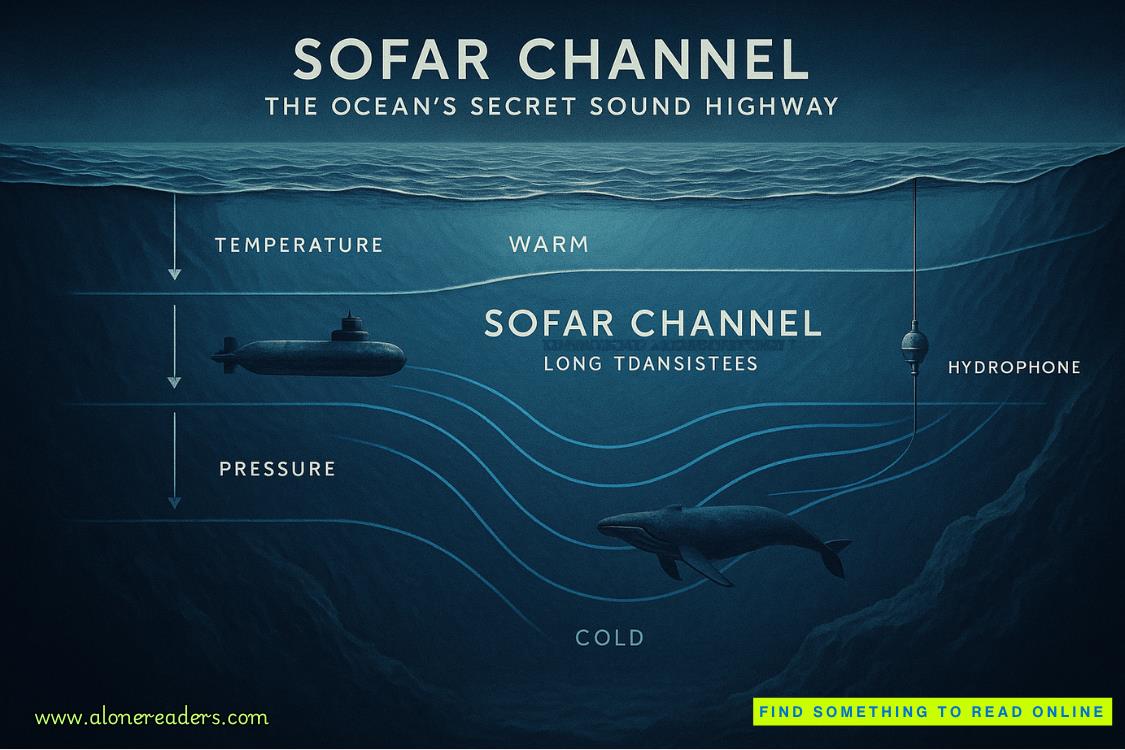Page 12 of Rescuing Ally: Part 2
Distance doesn’t matter.
Malfor doesn’t matter.
Harrison doesn’t matter.
They will find me.
Find us.
That’s not blind hope or faith—it’s inevitable.
We are Charlie’s Angels, and we’ll do whatever it takes to survive until they come.
FOUR
The Transport Container
ALLY
The aircraft shuddersto a violent stop, and my body slams forward against the restraints, cutting into my wrists. The engines that have been my constant companion for what feels like hours finally spin down, their mechanical whine replaced by harsh voices barking commands in rapid-fire Spanish.
I’ve been conscious for most of the flight, cataloging every sound, every vibration, every shift in air pressure that might tell me where we’re going. But the sedatives still cling to my thoughts like fog, making everything feel distant and wrong.
The cargo ramp drops with a hydraulic hiss, and tropical sunlight sears through the opening like a surge of gold. The heat hits instantly—wet, thick, oppressive in a way that makes California’s warmth feel like air conditioning. After hours in the aircraft’s climate-controlled cabin, the humidity is disorienting enough to make my head swim.
Armed men board with the efficiency of people who’ve done this many times before. No insignia on their tactical gear. No identifying marks. Just the purposeful movements that scream professional military training. One of them gestures toward us with the barrel of his rifle.
“Out,” he says in accented English. “Now.”
My legs are cement when they haul me upright. The zip ties around my ankles have cut off circulation for hours, and pins and needles shoot through my feet as blood flow returns. Every muscle in my body protests as I’m yanked toward the ramp, my shoulder screaming from wherever I landed wrong during the initial takedown at Jenna’s apartment.
Around me, the others are being dragged out with the same rough treatment. Jenna’s limping badly, favoring her left leg, and there’s a cut on her forehead that’s crusted with dried blood. Mia’s shirt is torn at the shoulder, revealing angry purple bruises underneath, and her hair is matted with dark blood from what looks like a head wound. But it’s Rebel who makes my stomach clench—her right arm hangs at an unnatural angle, broken, and her face has gone gray with pain.
I stumble down the ramp, blinking against the glare, trying to process our surroundings through the haze of heat and disorientation. The air is dead still—no breeze to cut through the oppressive humidity that makes every breath feel like drowning. It reeks of jet fuel and rotting vegetation, with an underlying metallic tang that could be blood or rust.
Stitch moves beside me, and even bound and injured, her eyes sweep our surroundings.
We’re on a small airstrip carved out of dense jungle, the kind of place that doesn’t appear on any civilian maps. Palm trees press close to the runway’s edges, and beyond them, razor wire-topped walls stretch into the green.
The airstrip is completely enclosed by those walls, with only one visible gate leading to what appears to be a road that vanishes into the jungle. No tower. No communications equipment I can see. No signs of civilization beyond this isolated facility.
One of the guards shoves Malia forward when she doesn’t move fast enough, and she flinches away from his touch. The sound she makes—half fear, half anger—cuts through the tropical air like broken glass.
They herd us across the scorching tarmac toward a matte-black container truck parked near the airstrip’s edge. No markings. No license plates. No identifying features beyond its obvious purpose as a mobile prison.
As we get closer, more details of our surroundings emerge. The walls surrounding the compound are at least fifteen feet high, topped with multiple rows of razor wire. Guard towers are positioned at regular intervals, though I can’t see if they’re manned from this angle. The jungle beyond looks impenetrable—the kind of dense tropical vegetation that could hide a person for days or swallow them completely.
No signs of rescue.
No friendly faces.
No indication that anyone even knows where we are.
One of the guards hits a remote, and the truck’s rear doors hiss open. The interior is exactly what I expected—empty metal walls, welded bench plates along the sides, mesh ventilation panels near the ceiling. A mobile holding cell designed for human cargo.
They load us hard and fast, like we’re equipment being moved between facilities. When Jenna hits the metal floor wrong, she cries out sharply, the sound echoing off the container walls.
Stitch immediately shifts as much as her restraints allow, maneuvering closer to check on her. “She’s okay,” she says, voice steady despite everything. “Breathe, Jenna. Just breathe.”















